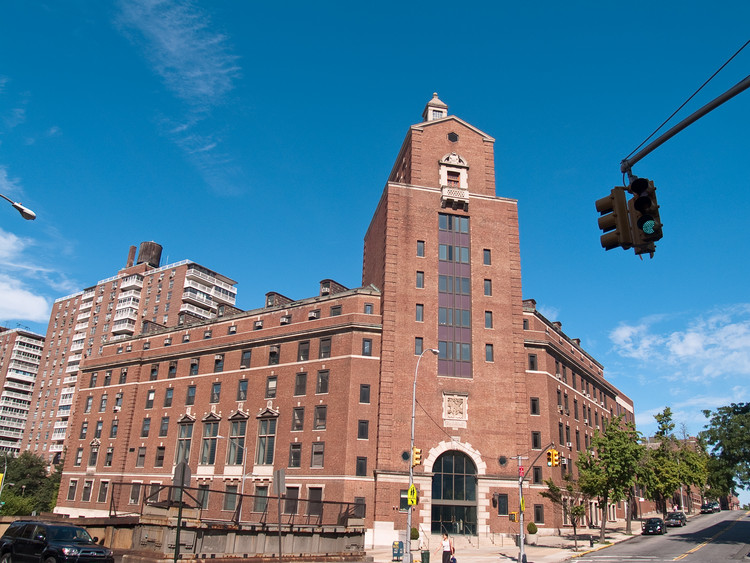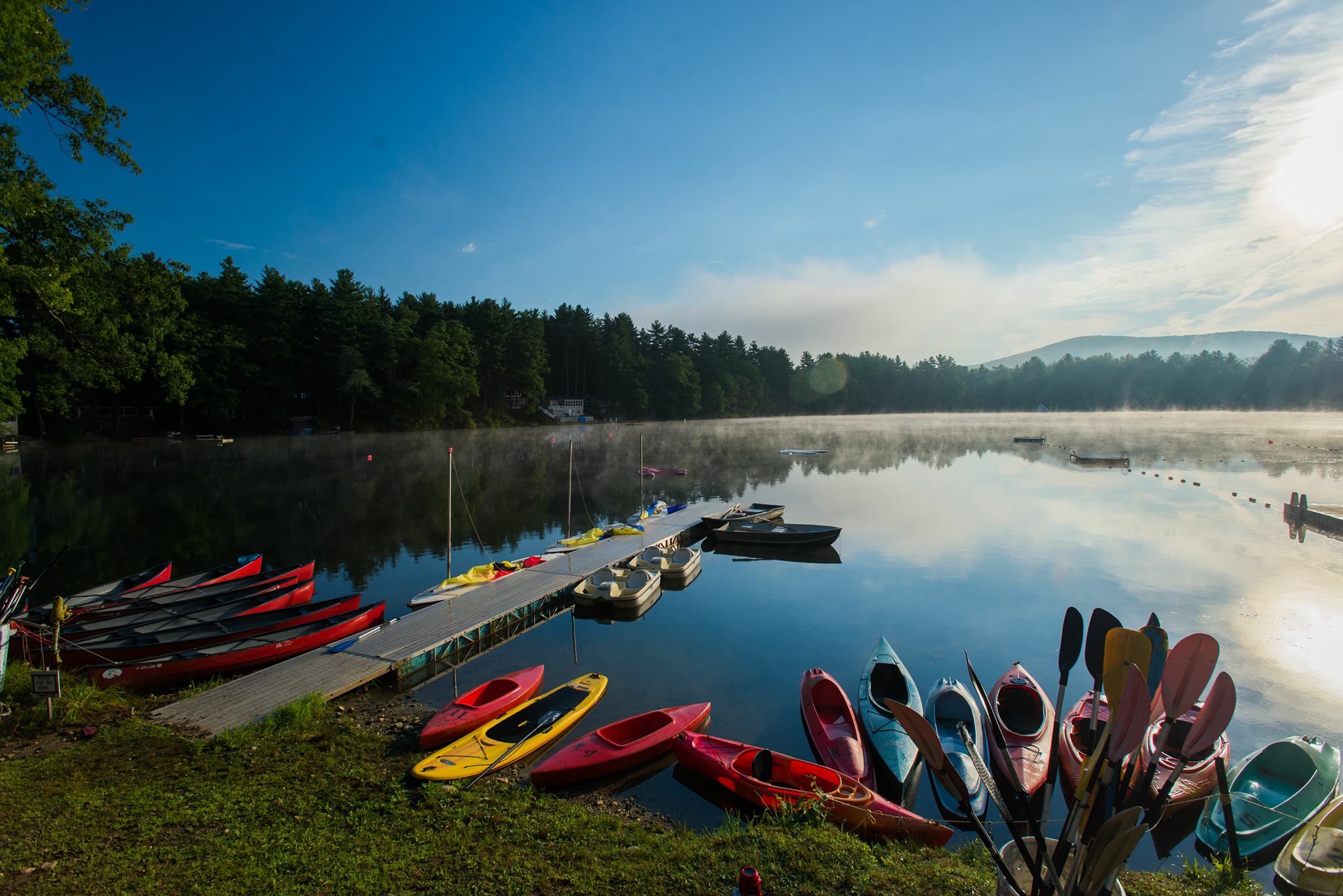Members and alumni of the United Synagogue of Conservative Judaism are the latest targets of IfNotNow, an organization that seeks to promote sympathy for the Palestinian narrative by encouraging fellow Jews to oppose the Israel “occupation.” USCJ’s official camping arm, the National Ramah Commission, recently issued a statement noting that while their Israel education includes room for differing opinions, it does not welcome anti-Zionist or subversion of Israel’s right to self-determination.
Rabbi Mitchell Cohen, national director of Camp Ramah, acknowledged that Ramah’s Israel-education programming does have nuance, and provides balance on the Israeli and Palestinian narratives, which was the initial request of IfNotNow.
USJC has 600 member synagogues across the country, two rabbinical schools—the Jewish Theological Seminary in New York and the American Jewish University in Los Angeles—and a youth division, United Synagogue Youth, or USY. There is significant crossover between attendees of Camp Ramah and USY; many members of Conservative synagogues’ rabbinic staff grew up attending Ramah, USY or both.
USJC CEO Rabbi Steven Wernick, while not available for comment, provided the following statement to JNS. “In USY, USCJ’s youth movement, we educate teens about Israel through a multiplicity of views and critical thinking skills. We do not judge how people get involved or with what institutions, however; at our core we are Zionists and therefore, do not invite or endorse anti-Israel educational messages,” he wrote.
A statement from the office of JTS Chancellor Arnold Eisen was similarly supportive: “JTS strongly supports the Ramah leadership and the importance of Zionism and the love of Israel as part of Ramah’s core mission,” the statement said.

Arnie Draiman, a USY staff member and educator for more than 40 years, said he, too, shares Cohen’s view on rhetoric that crosses the line.
“I have no problem with discussing ‘all sides’ of any issue,” he said. But “I do have a serious problem with inviting a group or person who is blatantly an extremist—and yes, I get to define that any way I want, on both sides of the political spectrum—to ‘teach’ about an issue in such a way that makes it more than just an informational lecture. Using an example: If someone from the KKK, a neo-Nazi [group] or J-Street was to speak to a USY or Ramah group for 45 minutes to explain their group and what they do, I might, under certain circumstances, allow it. But no way would I allow them to conduct a full, three-day seminar program espousing their views.”
Draiman also noted an issue with IfNotNow’s training sessions, which reportedly have attracted camp staff members from multiple camp movements and taught them how to teach “the occupation” subversively if the camps do not allow it overtly. “Anything done which is not transparent is wrong. If you have to ‘infiltrate,’ then there’s a problem,” he said.
‘Teach a full narrative’
Rabbi Faith Cantor, a JTS-ordained rabbi, former camper and staff member at Camp Ramah in California, as well as a current longtime staff member at Camp Ramah in the Poconos, also noted her vigorous support of Ramah’s red-line policy. “I believe that Ramah is 100 percent a Zionistic camp and always should be. Israel education is not black and white, it is nuanced, and if we want our kids to get to college campuses and not be ‘sucked into’ BDS and anti-Israel programming, we have to do a better job teaching nuance,” she said.
Cantor noted on her last trip to Israel that she met with “top educator of Ramah Israel” Betsalel Steinhart, and learned from him that “Ramah can and will” teach nuance.
“For me, listening to Betsalel teach with nuance was the highlight of the trip. The same way we can’t give our kids pediatric Judaism, which we know does not work, we can’t whittle down Israel to maps and Jewish holy sites. We need to teach a full narrative that supports Israel’s right to exist and protect herself.”

Josh Shuman, a former staff member at Camp Ramah of Wisconsin, said via Facebook that he met his wife at Camp Ramah, and “it certainly fulfilled my love of Judaism, Jewish life, and, yes, making aliyah.”
He posed, “Should USY invite speakers against Israel? Absolutely not! Should it allow critiques of Israel? Yes. Should it encourage members as members to go to anti-Israel rallies, demonstrations? Not on USY time.”
Phil Haggardy, a USY alum who was active at his synagogue in the San Fernando Valley in metropolitan Los Angeles and also spent time at Camp Ramah in California on weekend retreats, said Cohen’s statement was solid. “Any group that uses language like, ‘We are trying to end the 51-year occupation,’ isn’t any group that should be at a Jewish camp. Certainly not one associated with the Conservative movement. They aren’t trying to teach history or offer a different viewpoint, they are trying to destroy Israel, just like the BDS movement.”


























